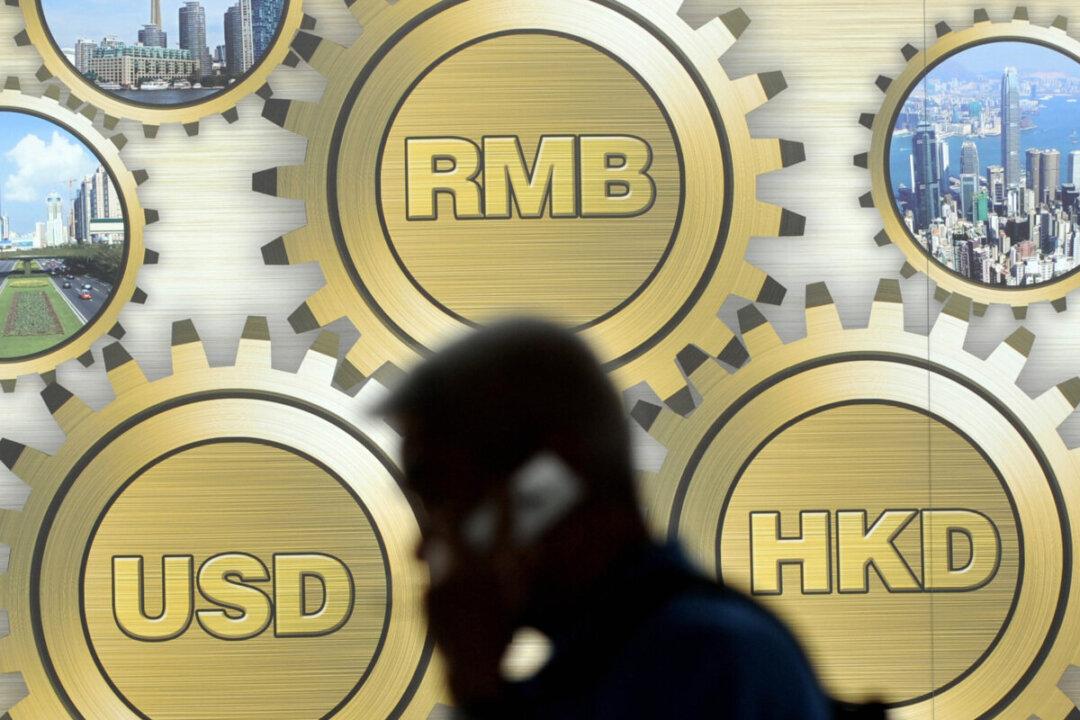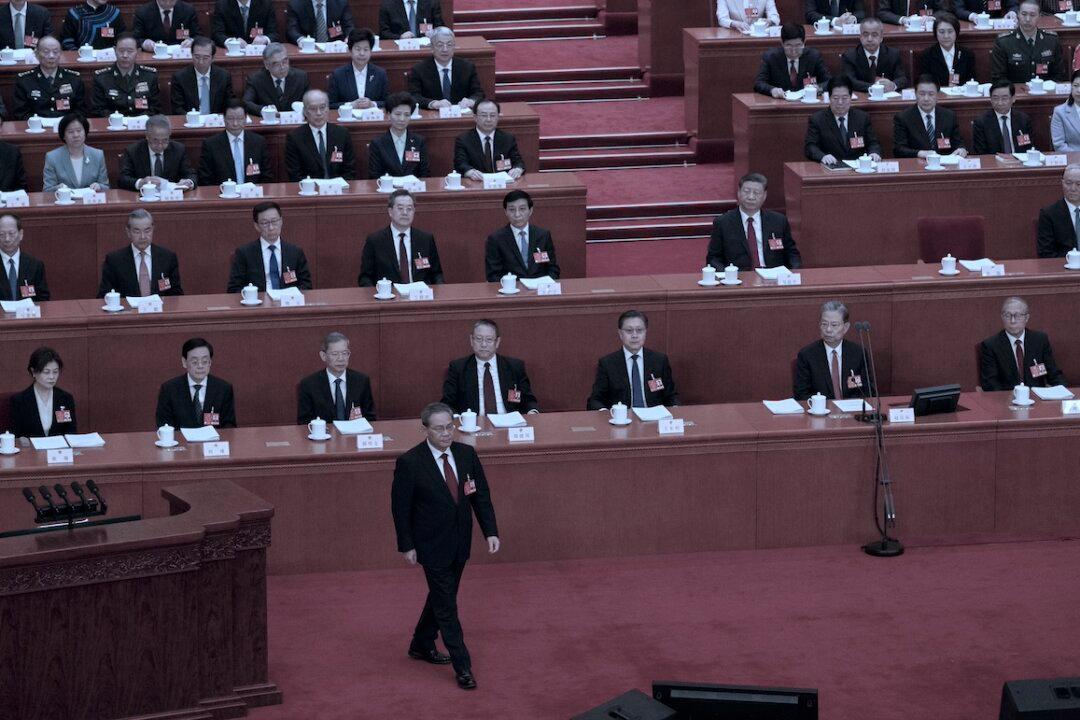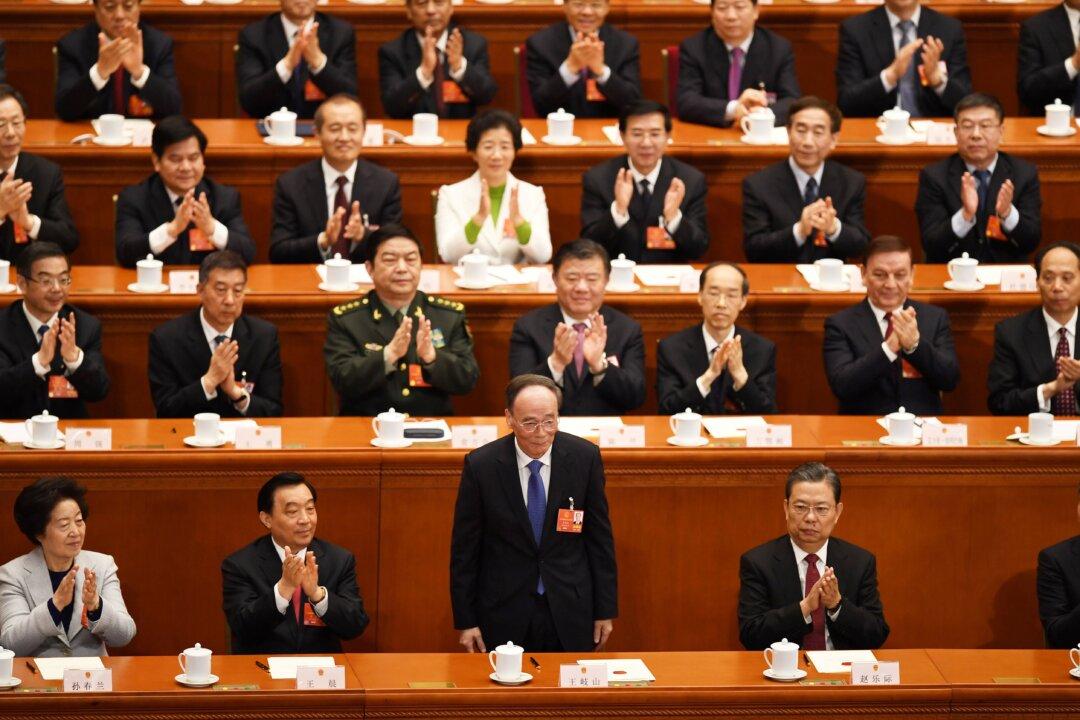Descendants of veteran high-ranking Chinese Communist Party (CCP) officials are scrambling to move their assets out of China amid tensions among political factions, according to members of prominent families.
Opting to use an alias for fear of reprisals, Fang Ming, a CCP princeling now living in New York, told the Chinese language edition of The Epoch Times on Oct. 25 that Party head Xi Jinping’s anti-corruption campaign is encroaching on the interests of the Party’s privileged descendants, raising concerns about safeguarding the substantial wealth they’ve amassed in China.




